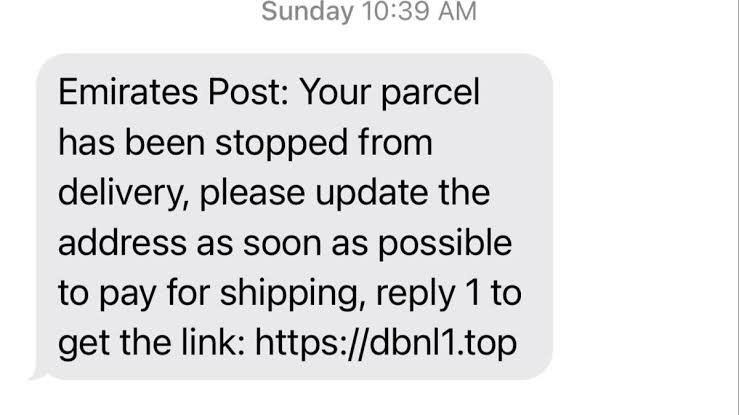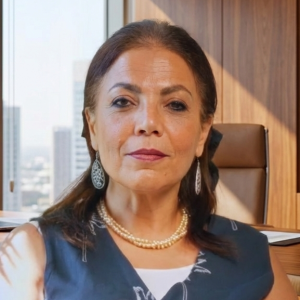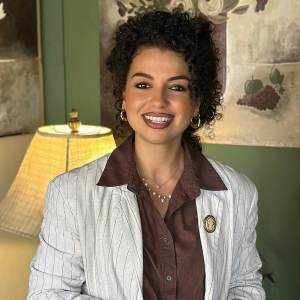New hoax that has emerged in the UAE, exploring the various types of misinformation that are currently circulating, how they spread, and the social and legal responses to these challenges. By examining recent examples, we will highlight the importance of awareness and vigilance when it comes to recognizing and combating hoaxes in the digital age.
The Rise of Digital Hoaxes in the UAE
The UAE, like many other countries, has embraced technological advancement, making the internet and social media integral to daily life. As citizens and residents increasingly turn to online platforms for information, the spread of hoaxes has become a pressing issue. These falsehoods can range from rumors about health crises to fraudulent schemes targeting individuals’ financial security. The digital age, while offering numerous conveniences, has also opened the door to those seeking to deceive and manipulate others for various motives.
Hoaxes often take advantage of the trust people place in familiar online platforms. Social media, messaging apps, and email chains are some of the most common channels through which these hoaxes spread. False claims about government decisions, fake giveaways, and misleading health advice are some of the most prevalent types of hoaxes circulating in the UAE.


A New Hoax: The COVID-19 Vaccine Myth
One of the most recent hoaxes to affect the UAE centers around the COVID-19 vaccine. As vaccination campaigns ramped up across the world, including in the UAE, rumors and misinformation about the vaccines quickly began to surface. These hoaxes were often spread through WhatsApp groups, social media posts, and email chains, falsely claiming that the vaccine could alter DNA, cause infertility, or lead to other dangerous side effects.
Despite the UAE’s government and health authorities providing clear and consistent information about the safety and efficacy of the COVID-19 vaccines, the hoax continued to spread, causing confusion among some segments of the population. These claims were often attributed to unverified sources, with no scientific basis behind them, yet they created fear and hesitation among individuals who were hesitant to get vaccinated.

Such hoaxes, fueled by misinformation, threaten public health efforts, especially when they prevent people from taking preventive measures like getting vaccinated or following health guidelines. While the UAE government worked to clarify these claims and provide facts through official channels, the speed at which hoaxes spread online posed a significant challenge to combating misinformation.
Scams and Financial Hoaxes
Another type of hoax that has gained traction in the UAE involves financial scams, often targeting individuals through phishing schemes, fake investment opportunities, and fraudulent lottery claims. These scams frequently prey on vulnerable individuals, promising easy money or high returns on investment. One common variation is the fake “job offer” scam, in which scammers offer lucrative jobs, often in prestigious companies, in exchange for personal information or upfront fees.
The UAE, known for its thriving business environment, has seen an uptick in fraudulent investment schemes that promise quick returns in sectors like real estate, cryptocurrency, or luxury goods. These scams typically begin with enticing advertisements on social media, followed by convincing phone calls or messages encouraging individuals to invest their money. Victims are often promised large profits but are left with financial losses when the scammers disappear with their funds.
In many cases, these hoaxes rely on the credibility of well-known companies or institutions, which is why they can be so convincing. Individuals are encouraged to click on links or download files that appear legitimate, only to end up with malware on their devices or their bank details compromised.
How Hoaxes Spread in the UAE: The Role of Social Media
Social media platforms like Facebook, Twitter, Instagram, and WhatsApp are the primary conduits for hoaxes to spread in the UAE. These platforms are widely used for communication and information sharing, making them fertile ground for rumors, misinformation, and hoaxes to thrive.
WhatsApp, in particular, has been used as a key tool for spreading hoaxes. Because WhatsApp messages are often shared within private groups or between friends and family members, the content tends to carry a sense of personal trust. This makes it more likely that the information will be accepted as truth without verifying its authenticity. Once a hoax is shared by a trusted contact, it spreads quickly through further personal connections, exacerbating the reach of false information.
In addition to personal messaging apps, social media posts that use eye-catching headlines or controversial topics often garner significant attention, which helps hoaxes spread even faster. These posts often play on people’s emotions—whether fear, excitement, or curiosity—to encourage shares and engagement.
The Legal Response to Hoaxes in the UAE
The UAE has taken a firm stance on combating misinformation and hoaxes, particularly when they threaten national security, public health, or financial stability. The government has implemented several legal measures to address the spread of fake news, with strict laws in place to penalize individuals involved in disseminating false or misleading information.
The Cybercrime Law of the UAE plays a key role in curbing the spread of misinformation. According to the law, individuals who spread false information that could harm the public or disrupt social order are subject to severe penalties, including fines and imprisonment. For example, those found guilty of spreading fake health advice related to diseases like COVID-19 may face hefty fines and jail time.
The National Media Council (NMC) also plays a significant role in monitoring and regulating media content, ensuring that news outlets and online platforms provide accurate and reliable information. The NMC has collaborated with social media platforms to remove hoaxes and disinformation from public view, with the aim of protecting the integrity of information in the UAE.
In addition to legal measures, the government and private sector have launched awareness campaigns to educate the public about the dangers of hoaxes and how to identify and report misinformation. By equipping citizens with the knowledge to discern between fact and fiction, the UAE aims to reduce the impact of hoaxes on society.
How to Protect Yourself from Hoaxes
In a world where misinformation spreads rapidly, it’s essential for individuals to be cautious and discerning when it comes to the information they encounter. Here are a few tips to protect yourself from hoaxes:
- Verify the Source: Always check the credibility of the source before believing or sharing any information. Trusted news outlets, official government channels, and well-known organizations are more likely to provide accurate information.
- Question the Message: If something sounds too good to be true, it probably is. Be skeptical of messages promising large sums of money, quick fixes, or offers that seem suspicious.
- Check Multiple Sources: Cross-check information from different reputable sources before drawing conclusions or sharing it with others.
- Report Suspicious Content: If you come across a hoax, report it to the relevant authorities or social media platform to help stop the spread of misinformation.
- Educate Yourself: Stay informed about the latest scams and hoaxes circulating in the UAE. Awareness is the first line of defense against falling victim to hoaxes.
Conclusion: Combating Misinformation in the Digital Age
As technology continues to shape our lives, the proliferation of hoaxes and misinformation poses significant challenges for individuals, governments, and society as a whole. The UAE, with its modern digital infrastructure, is not immune to this global phenomenon. However, through legal action, public awareness campaigns, and the responsible use of social media, the UAE is working to mitigate the spread of misinformation and protect its citizens from the harmful effects of hoaxes.
By remaining vigilant, questioning the information we encounter, and promoting a culture of skepticism and verification, we can help reduce the impact of hoaxes and ensure that the digital landscape remains a space for accurate, truthful information.
Do follow Uae stories for more updates
Naif Police Station’s : A Modern Representation of Safety and Service












